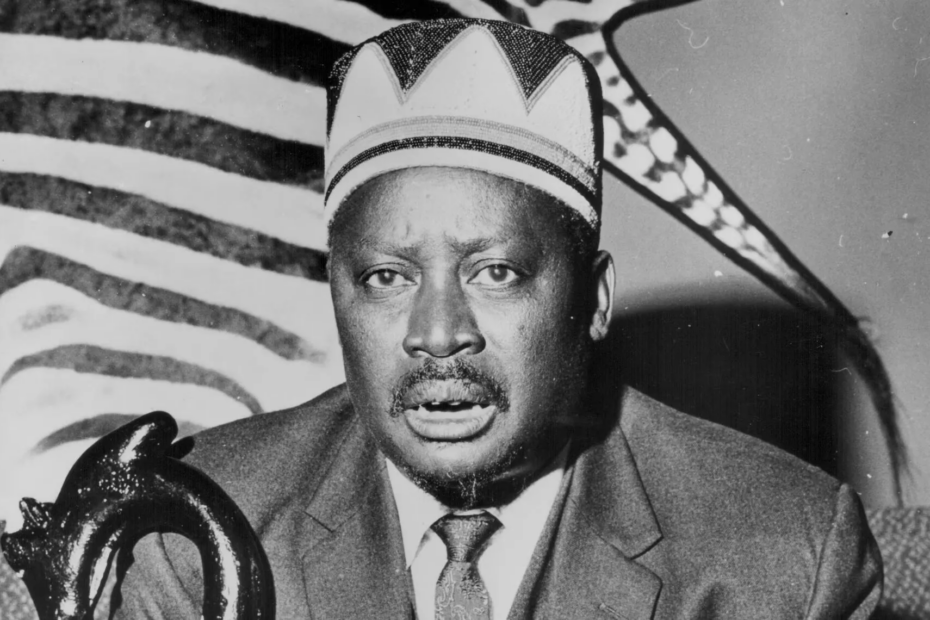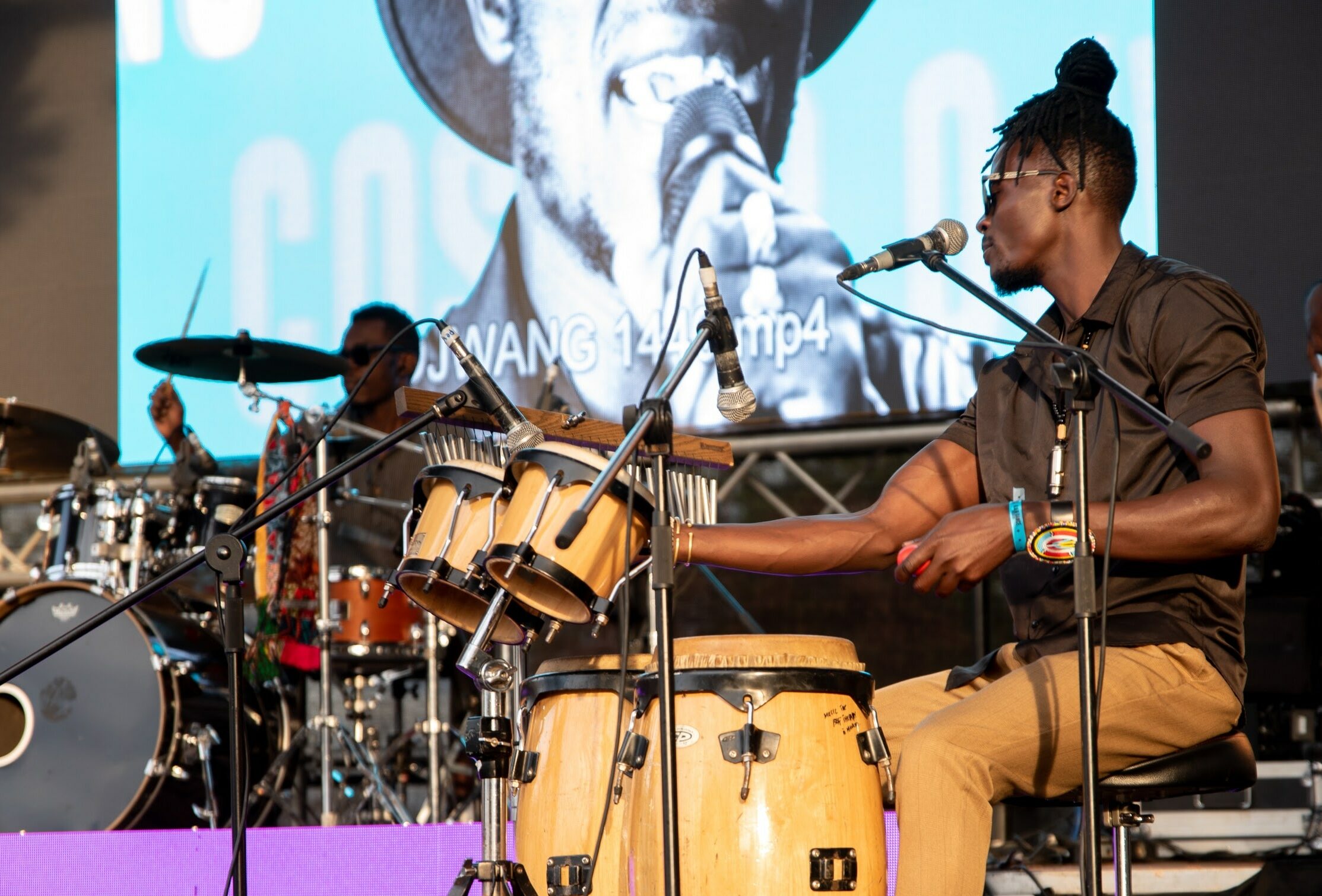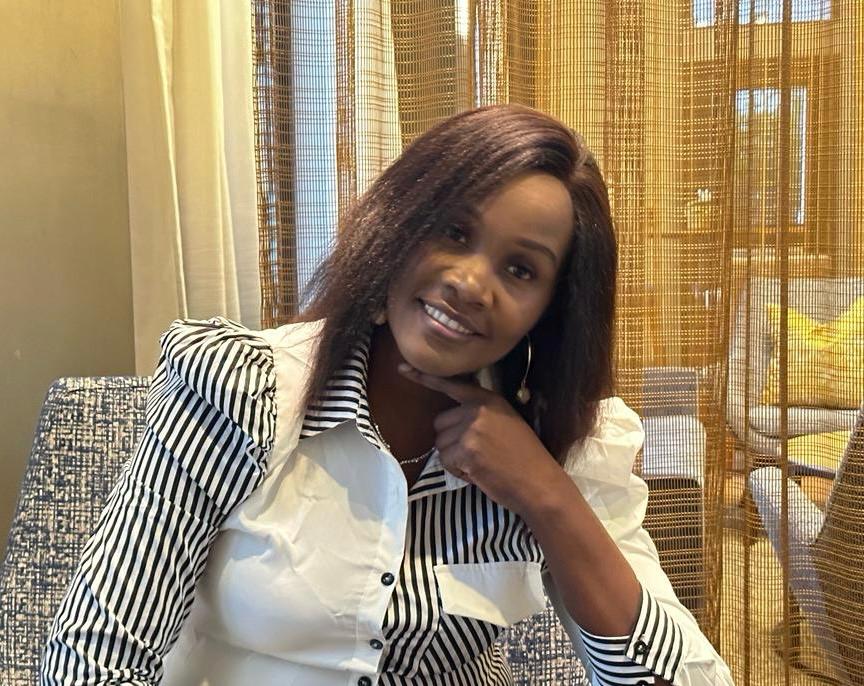As we reflect on the legacy of Jaramogi Oginga Odinga, it’s important to appreciate his significant contribution to opposition politics in Kenya. Esteemed leaders, scholars, and professionals gathered recently at Kisumu’s Ofafa Social Hall on Saturday, 20th Jan 2024, marking the 30th memorial of this influential figure. Led by his son, ODM party leader Raila Odinga, the day was marked by poignant memories and respectful tributes. Who was Jaramogi Odinga, and why is his contribution to Kenya’s political landscape still relevant today?
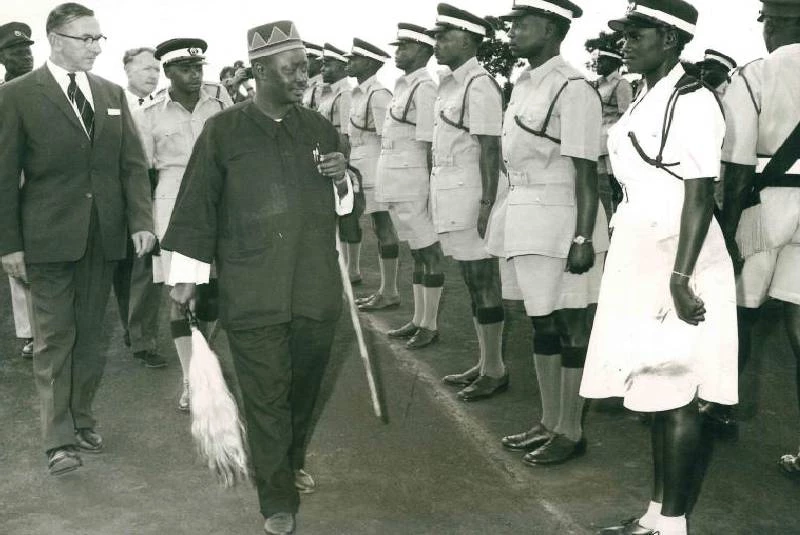
Early Life and Political Beginnings
Jaramogi Oginga Odinga was born in October 1911 in the village of Nyamira Kang’o, Bondo to Mama Opondo Nyamagolo and Odinga Raila. His early education saw him attending Maseno School and Alliance High School before progressing to Makerere University. Prior to his political career, Odinga was a teacher, but his passion for equality and change led him down a political path. Read Also: Nelson Mandela Auction: South Africa Seeks to Block Sale to Protect the Country’s Heritage
In 1946, alongside two allies, Fanuel Walter Odede and Richard Arina, he established the Luo Union, a significant advocate for Luo community rights. His political journey deepened as he became a fervent supporter of Jomo Kenyatta, playing a pivotal role in the fight for Kenya’s independence. When Kenya finally achieved independence, Odinga served as the country’s first Vice President from 1964 to 1966.
However, ideological differences with Jomo Kenyatta led to his resignation. Unfazed by this setback, he went on to form the Kenya People’s Union (KPU), embodying his role as the pioneer of opposition politics in Kenya. Known for his unwavering commitment to democracy, Odinga continued to be a prominent opposition leader until his death in January 1994. His life and political journey continue to inspire, especially through his 1967 autobiography, “Not Yet Uhuru.” His legacy in Kenya’s political landscape remains significant and relevant to this day.
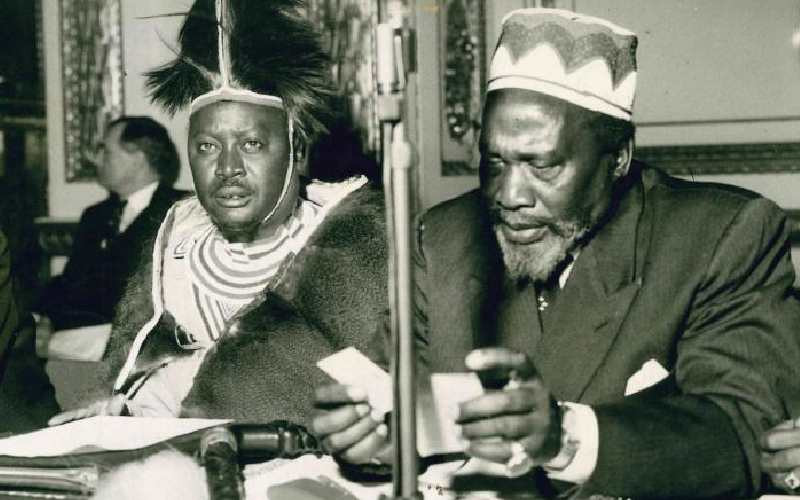
The Shift to Opposition Politics
Following Kenya’s independence in 1963, Jaramogi Odinga became the first Vice President under Jomo Kenyatta’s government. However, their alliance was short-lived as political differences and power struggles emerged. The ideological schism between him and President Jomo Kenyatta over the country’s socio-economic model saw Odinga openly challenge the ruling party’s approach. Odinga envisioned a socialist Kenya, starkly contrasting with Kenyatta’s capitalist orientation. This divergence led to Odinga’s resignation from his post as Vice President in 1966.
Undeterred, he formed the Kenya People’s Union (KPU), becoming a thorn in the side of Kenyatta’s government. Despite numerous attempts to suppress the KPU and its leadership, Odinga remained steadfast in his advocacy for democracy and the rights of marginalized communities. His resolute stance set the stage for his significant role in opposition politics and established him as a champion of the less privileged, a role that resonates in Kenya’s politics today. Read Also: 15 Quick Surprising Facts about Africa
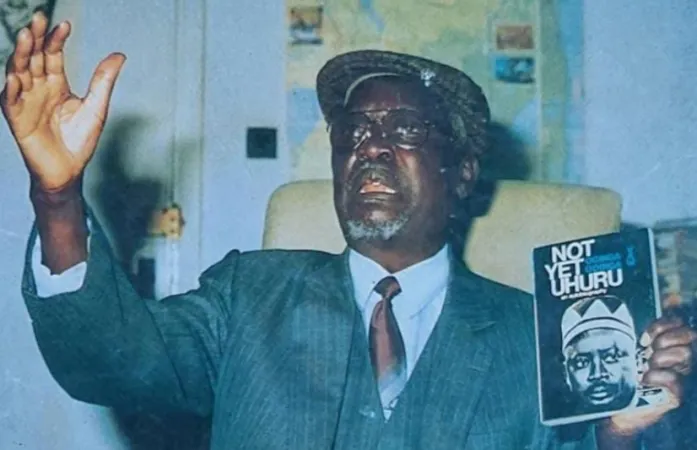
Founding of Kenya People’s Union
Following his resignation as Vice President, Jaramogi Oginga Odinga established the Kenya People’s Union (KPU) in 1966. This marked the beginning of his role as the pioneer of opposition politics in Kenya. He vigorously opposed one-party rule and advocated for a more inclusive and democratic government. Founded on the principles of social democracy, the party aimed to counter the capitalist orientation of Jomo Kenyatta’s government.
The KPU strongly championed the rights of marginalized communities and sought to bring about socio-economic equality in the country. Despite facing formidable opposition from the ruling government, the KPU, under Odinga’s leadership, persisted in its mission. Despite its eventual dissolution by the Kenyatta government, the party left an indelible mark on the country’s political landscape. Its founding set a precedent for opposition politics in Kenya, with Jaramogi Oginga Odinga playing the crucial role of the pioneer.
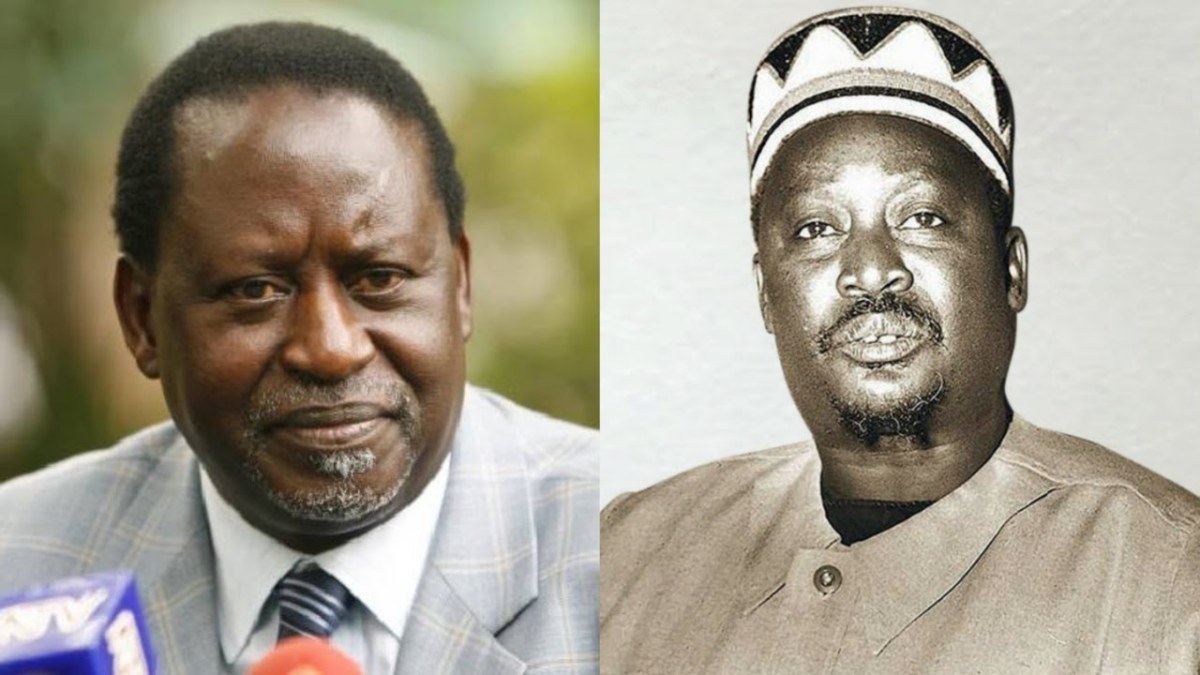
Legacy and Impact of Jaramogi Odinga
Jaramogi Oginga Odinga, born in October 1911 and passed away on January 20, 1994, profoundly impacted Kenya’s political landscape. Over the course of three decades, his contributions left an indelible mark on the nation’s history. Odinga played a pivotal role in guiding Kenya to independence in 1963 and served as its first Vice President. His unwavering commitment to democracy and the rights of marginalized communities established him as a pioneer of opposition politics. In fact, his determination led to the founding of the Kenya People’s Union, significantly influencing Kenya’s political ideology as we know it today.
As a vocal critic of the government, Odinga played a crucial part in shaping Kenya’s multi-party democracy, allowing for a more diverse range of voices within the government. He was a founding member of the Forum for the Restoration of Democracy (FORD), which played a key role in reintroducing multi-party politics in Kenya. Odinga’s autobiography, “Not Yet Uhuru,” is considered a fundamental text for understanding Kenya’s journey to independence and his role in shaping the nation’s political landscape. His beliefs in social democracy and equality have inspired numerous Kenyan politicians, including his son, Raila Odinga.
Odinga’s impact is commemorated by civil society groups and the Odinga family, and he remains a revered figure in Kenya’s political landscape. His life and enduring influence serve as a testament to his significant contribution to the country’s political history, solidifying his place as one of Kenya’s most influential figures. His tireless leadership in opposition and efforts to expand the political space continue to resonate in Kenya today, making him a source of inspiration for future generations.
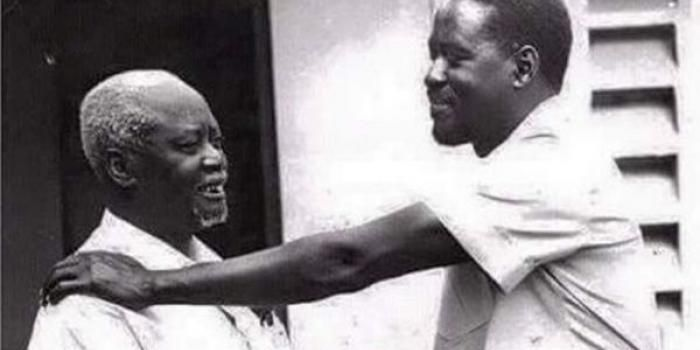
Continuing His Fight
Today, Kenya still faces many of the same issues that Jaramogi Odinga fought against, such as corruption and tribalism. While his physical presence is no longer there, his ideals, principles, and fight for social democracy persist and continue to inspire many. His son, Raila Odinga, is a testament to this. Raila, a critical figure in Kenyan politics, continues his father’s fight for democracy, equality, and the rights of marginalized communities.
Raila’s persistence and resilience mirror his father’s conviction and courage, especially in challenging times. Despite facing political oppression, including multiple incarcerations, Raila has remained steadfast in his commitment to realizing democratic change in Kenya. He has continued challenging the status quo, echoing his father’s call for socioeconomic equality and political inclusivity.
The fight that Jaramogi Oginga Odinga began is far from over. His legacy, embodied by those who continue to champion his ideals, fuels the ongoing struggle for a fairer, more democratic, and inclusive Kenya. Jaramogi’s name remains synonymous with opposition politics and represents a guiding light for those who aspire to change the country’s socio-political landscape. His fight continues.
Bottom Line
Jaramogi Oginga Odinga will always be remembered as a pioneer in Kenya’s political landscape. His determination, courage, and unwavering commitment to the people of Kenya have left a lasting impact that continues to shape the country today. As we remember and honor his legacy, it’s important to continue his fight for a more just and equal society. Moreover, his legacy extends beyond just politics. Jaramogi Odinga was also a passionate advocate for education and played a crucial role in establishing schools and universities in Kenya. He believed that education was the key to empowerment and progress, and his contributions in this area have profoundly impacted Kenyan society.

